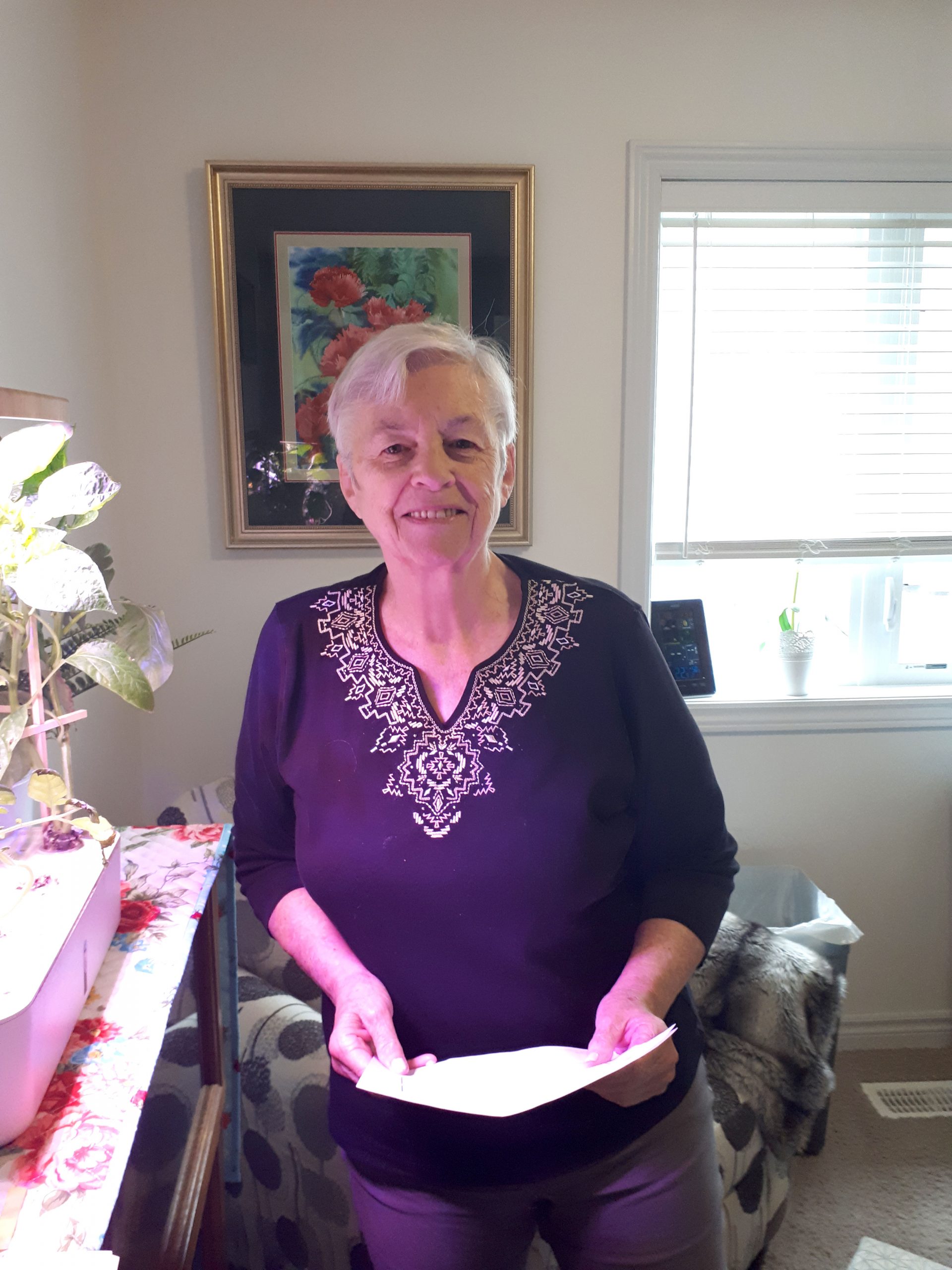WELLINGTON COUNTY – The Waterloo Wellington Older Adult Strategy (WWOAS) Community Members Network have been busy developing a special workshop: to teach older adults techniques to improve conversations and outcomes at their healthcare appointments.
Older adults from across the region, with experience of the healthcare system, sit on this committee to advise the (WWOAS) strategy.
They have been working hard to suggest improvements to the system, but change can be slower than desired.
This year the members undertook a project themselves to empower older adults more immediately in achieving better care.
The Community Members Network participated in and ran focus groups with older adults and health service providers.
They discovered the common obstacles older adults face in medical appointments.
Participants expressed that the system was “complicated, resources unjustly distributed, and supports lacking.”
Working with the firm dialectic, they learned how some simple techniques could change healthcare conversations for the better.
That by asking certain questions they could, in fact, slow down the conversation, gain clarity and better direct the healthcare provider in fulfilling their needs. From this they co-designed an interactive workshop to share throughout the region.
In the focus groups older adults said: “Taking up healthcare resources when the system is already strained is difficult,” and that “It’s hard to admit that I need more help.”
However, health service providers explained that by taking up resources now they can reduce future and more complex issues from arising, which is better for the older adult and the system.
Therefore, the workshop presents the ACTIVE strategy. ACTIVE is about centering needs and recognizing that older adults are valued individuals who deserve quality care.
ACTIVE stands for the following:
1) adopt an attitude of self-worth;
2) present requests;
3) centre your needs;
4) take up time, space and resources;
5) identify your rights;
6) value your support system; and
7) expect challenges.
The SPEAK strategies teach older adults to speak up in a way that gets results in a medical setting. This includes:
1) start at home is all about how to prepare before an appointment;
2) present requests is about getting the accommodations you need;
3) explain the issue teaches techniques on how to tell your story and emphasize your needs in a way that medical providers will respond to;
4) ask to understand gives prompts with questions that slow conversations down and increase understanding; and
5) keep asking is all about what to do after the appointment, including the follow-up with healthcare providers and things the older adult can do.
Any group of older adults can book the workshop for free between now and Dec. 30.
A number of workshops have already successfully taken place across the region with older adults, their families and caregivers.
As one participant said: “Wow — was she ever a great speaker — she truly talked to the seniors, and had a lot of great points of value. And, I truly felt part of the program.”
Additionally, organizations can send a representative for free training in order to give the workshop themselves, which the Seniors Centre for Excellence have done among several other organizations.
For more information on the workshop or the Community Members Network contact Christine Platt cplatt@cmhaww.ca, who says that: “The members really want older adults to have easy access to this workshop and the soon to be released Appointment and Medical Profile Tools for older adults.”
It is their passion to improve the lives of seniors in this region.”




